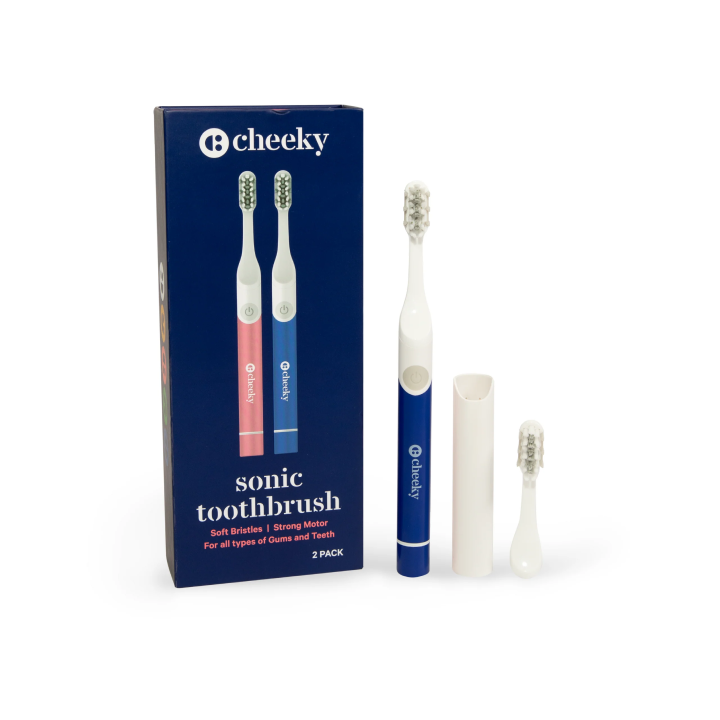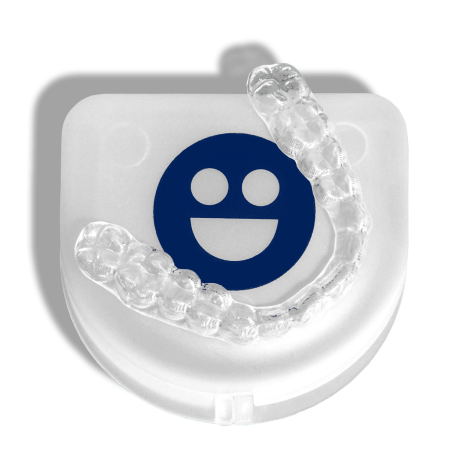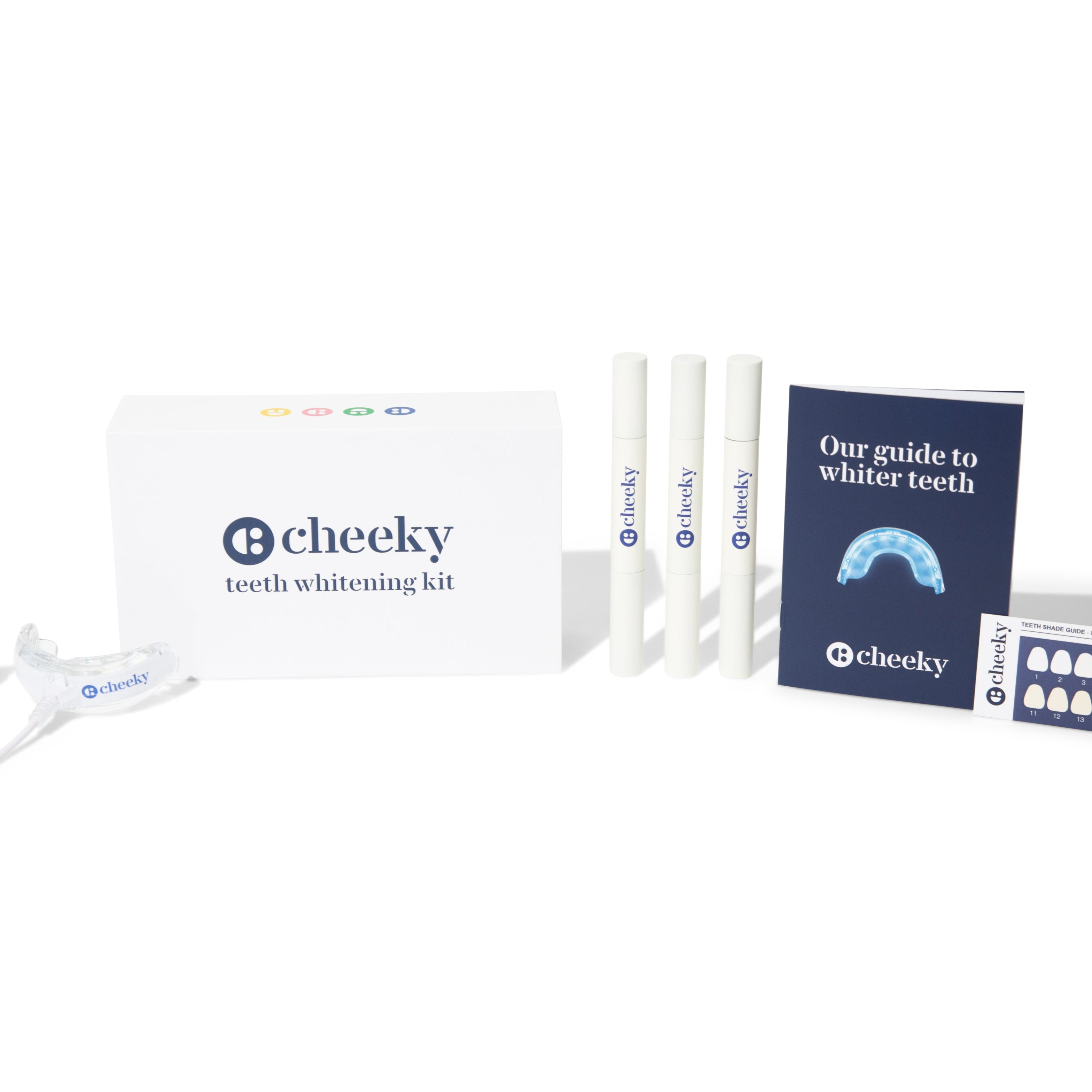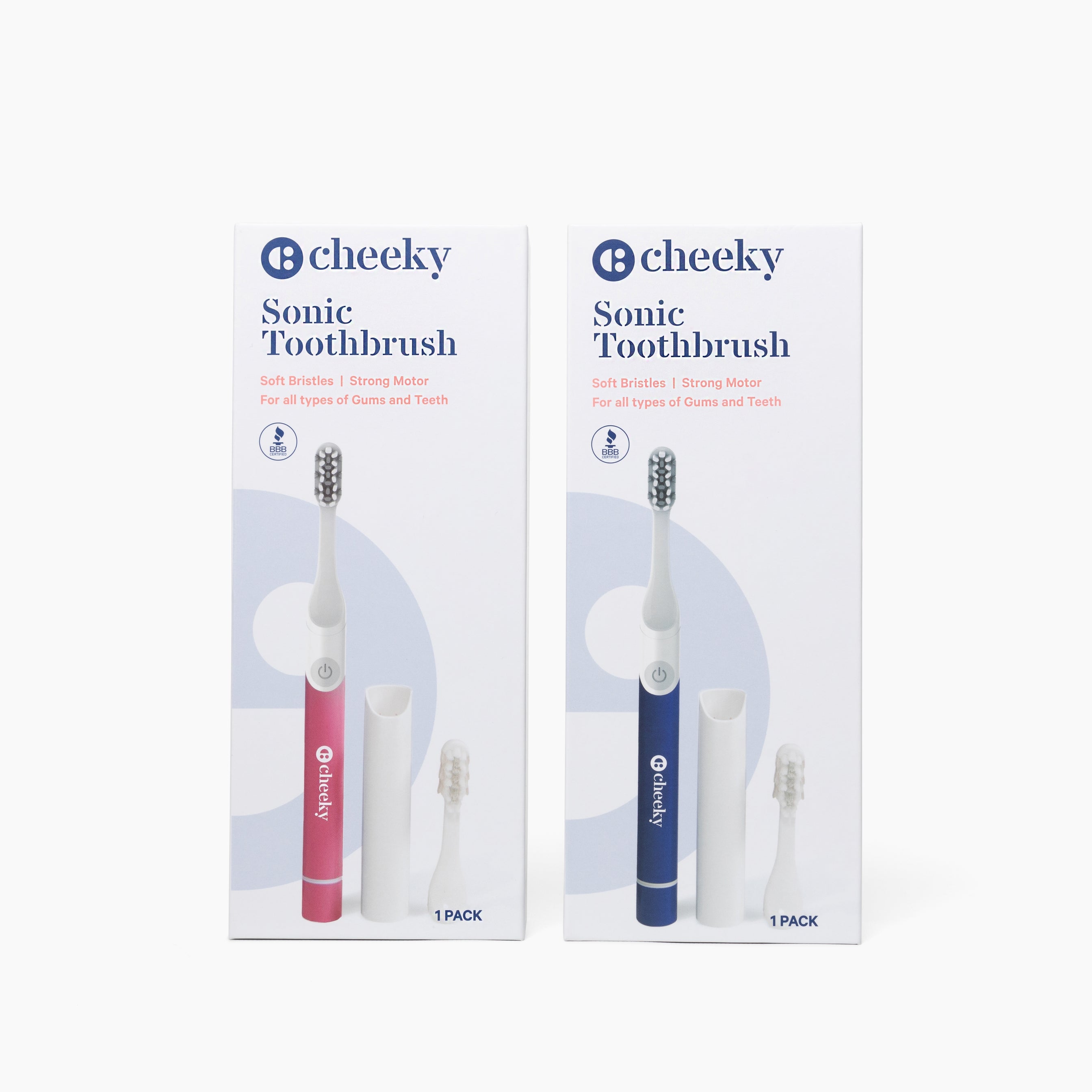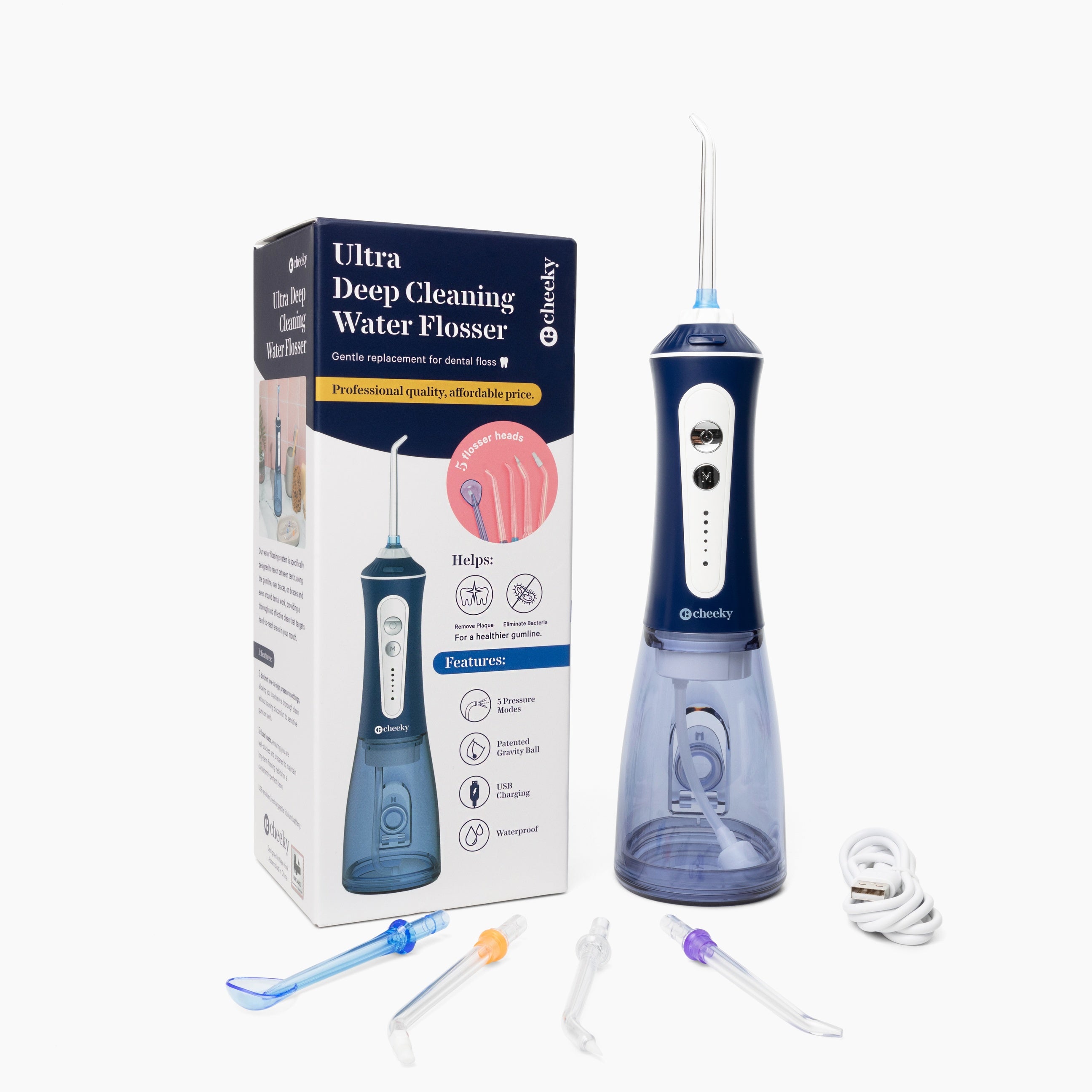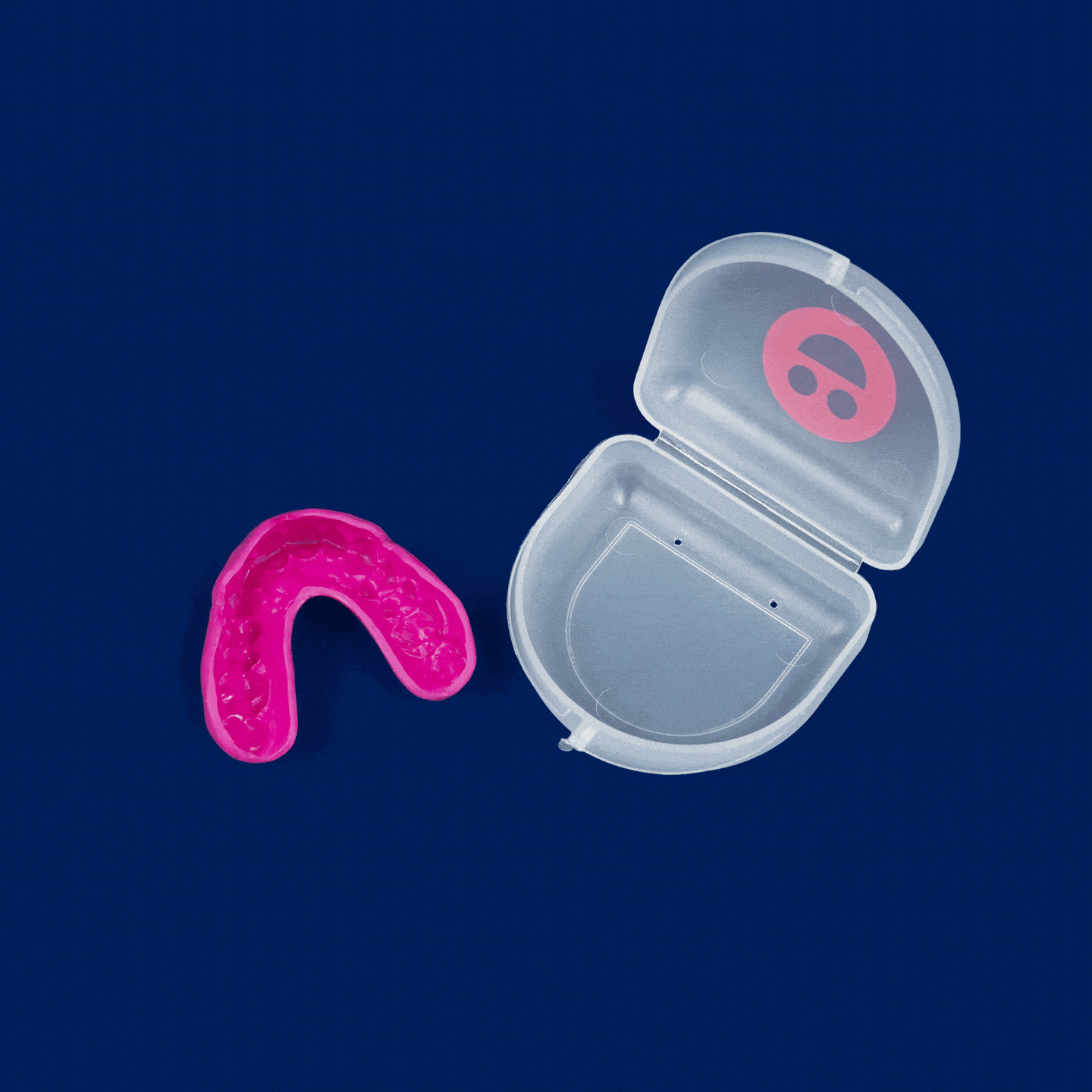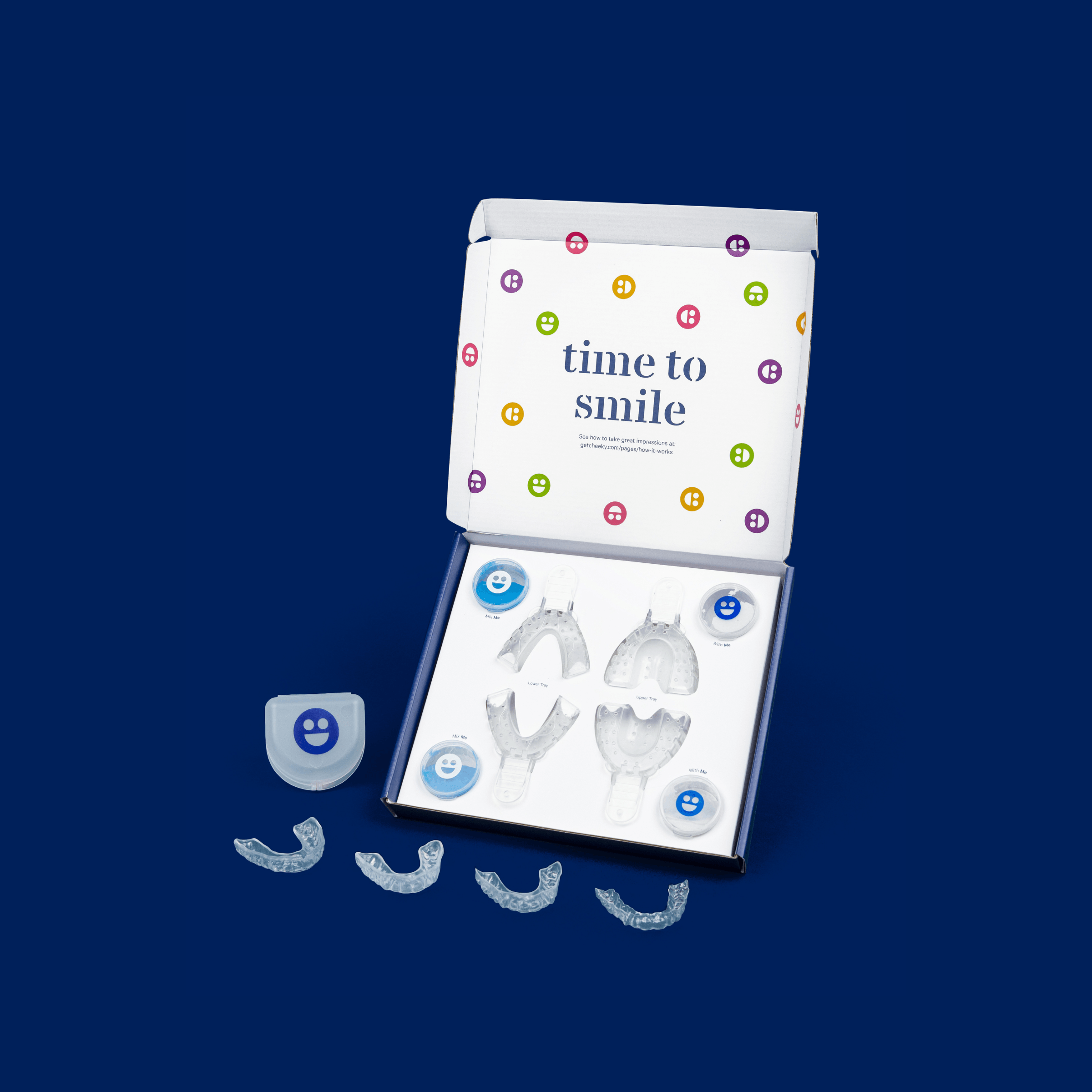Smoking is bad for so many reasons, and on the laundry list of things that smoking affects is your teeth. We understand that quitting is extremely hard, which is why we’ve attached some tips at the end of this article to help you stop smoking for good.
How Does Smoking Affect Teeth?
- Smoking cigarettes directly exposes your teeth to tobacco and nicotine, two things that lead to stained teeth and bad breath.
- The more you smoke, the more you impact your sense of taste, and what you eat and drink affects your teeth.
- Smoking can lead to gum disease and contribute to oral cancer.
What About Smoking Marijuana?
Since marijuana has only recently been legalized in many states, there haven’t been enough studies to show how smoking weed affects our teeth.
Previous research has suggested that people who smoke weed more often have more problems with gum disease and inflammation. However, identifying marijuana use as the direct cause of these issues has been difficult because of the presence of other factors such as high tobacco use, other drug and alcohol use, poor oral hygiene, and lack of dental visits.
Now that weed has been legalized in more places, more research will likely be done on the long-term health (and oral health) effects of recreational use.
What About Vapes?
Since e-cigarettes are tobacco-free, many people think that they’re safer for teeth. However, vapes still contain nicotine and other chemicals that aren’t good for your teeth. We dive more into vaping’s effect on your teeth in this article.
Reducing the Appearance of Smoking Stains on Your Teeth
One of the prominent cosmetic side effects of smoking is stained or yellow teeth. Brushing your teeth multiple times throughout the day can help reduce and prevent stains while protecting against gum disease.
Whitening toothpastes can be especially effective for those who are working to reduce the appearance of teeth stains. Ingredients to look for in your toothpaste include:
- Baking soda
- Hydrogen peroxide
- Activated charcoal
- Coconut oil
- Turmeric
Some people make their own whitening toothpaste by combining hydrogen peroxide and baking soda. However, if you choose to try this, only add a few drops of hydrogen peroxide to the baking soda because too much peroxide can damage your teeth.
What About Teeth Whitening Treatments?
Brushing your teeth may not be enough to remove smoking stains. In some cases, a teeth whitening treatment may be necessary to return your smile to its brilliant white shine.
There are multiple options for teeth whitening. At-home treatments are often cheaper but less effective, while in-office treatments are more effective but more expensive. But if you continue to smoke, you’ll have to get whitening treatments continuously to reduce the appearance of stains.
At Cheeky, we developed an affordable, easy, and effective way to whiten your teeth from the comfort of your own home. Our LED whitening kit will help you reduce the stains on your teeth in less than thirty days.
Eliminating Bad Breath from Smoking
Smoking often leads to bad breath because it reduces saliva production because of dryness in your mouth. Sometimes, bad breath is a sign of an early form of gum disease triggered by smoking.
- Brushing your teeth twice a day
- Flossing at least once a day to prevent gum disease
- Using an antibacterial mouthwash
- Drinking more fluids to prevent dry mouth
- Chewing sugarless gum
- Treating yourself to a peppermint (as long as you don’t chew on it)
- Visiting your dentist regularly
Will Quitting Smoking Improve My Oral Health?
Just like quitting smoking will improve your overall health, it will also drastically improve your oral health. Even if you’ve had a long-term smoking habit, giving up cigarettes now will reduce your likelihood of severe gum disease and tooth loss.
Researchers at the Aarhus University Department of Dentistry and Oral Health found that smokers have about an 80% higher risk of bone loss and periodontal disease than those who don’t smoke. Those who quit were able to reduce the onset and progression of gum disease.
Additionally, smoking weakens your immune system and makes it harder for your body to fight off infection. If your teeth do become infected, then you may have to have a tooth removed.
What Are Some Techniques I Can Use to Quit Smoking?
We’re not medical doctors, but we are here to help in any way we can. Here are some research-backed tips to help you quit smoking and improve your overall health.
Avoid Triggers
The thing about smoking is that cigarettes become irresistible when you see one dangling off someone else’s fingers. Do what you can to avoid people that smoke frequently or locations where you’re likely to feel tempted to bum a cigarette.
Spend time at places that prohibit smoking and don’t accompany people on their smoke breaks. You can use the time that you would typically spend outside smoking to adopt a healthier habit.
Stay Busy
While you shouldn’t work yourself to death, staying busy can help you keep your mind off of smoking. Whenever you do feel the urge to grab a cigarette, tell yourself to engage in a different activity, whether that’s reading a book or going to the gym.
Consider Nicotine Replacement Therapy
Quitting cold turkey is often extremely difficult for those who have smoked for a long time. Using a nicotine patch or chewing nicotine gum can help you ease your transition away from cigarettes.
If you want to give nicotine replacement therapy a try, be sure to follow the instructions on the package carefully because you can still develop a dependence on these products. Talk to your doctor about medications if you’re concerned about over-the-counter options or need additional help.
Remind Yourself Why You’re Quitting
No matter the reason why you’ve decided to quit, when the going gets tough, remind yourself why you quit in the first place. This can help you gain the strength to power through your cravings.
Don’t Get Discouraged
If you slip up, it’s okay. Beating yourself up or admitting defeat won’t help you, so do your best to stay positive. Setbacks are normal during recovery, and you have nothing to feel ashamed of.
See a Therapist
Working with a behavioral therapist can help you work on some of these techniques to help you quit smoking once and for all. Therapy is often covered by health insurance and can help you feel empowered in your recovery journey.
The Easy Way to Take Care of Bruxism and TMD
Cheeky makes it easy and affordable to say sayonara to the pain and tension accompanying TMD and bruxism. Never deal with gross night guards again! Our custom nightguards will give you the best night of sleep you’ve had in months.
Pick your plan and customize your nightguard with Cheeky today.


